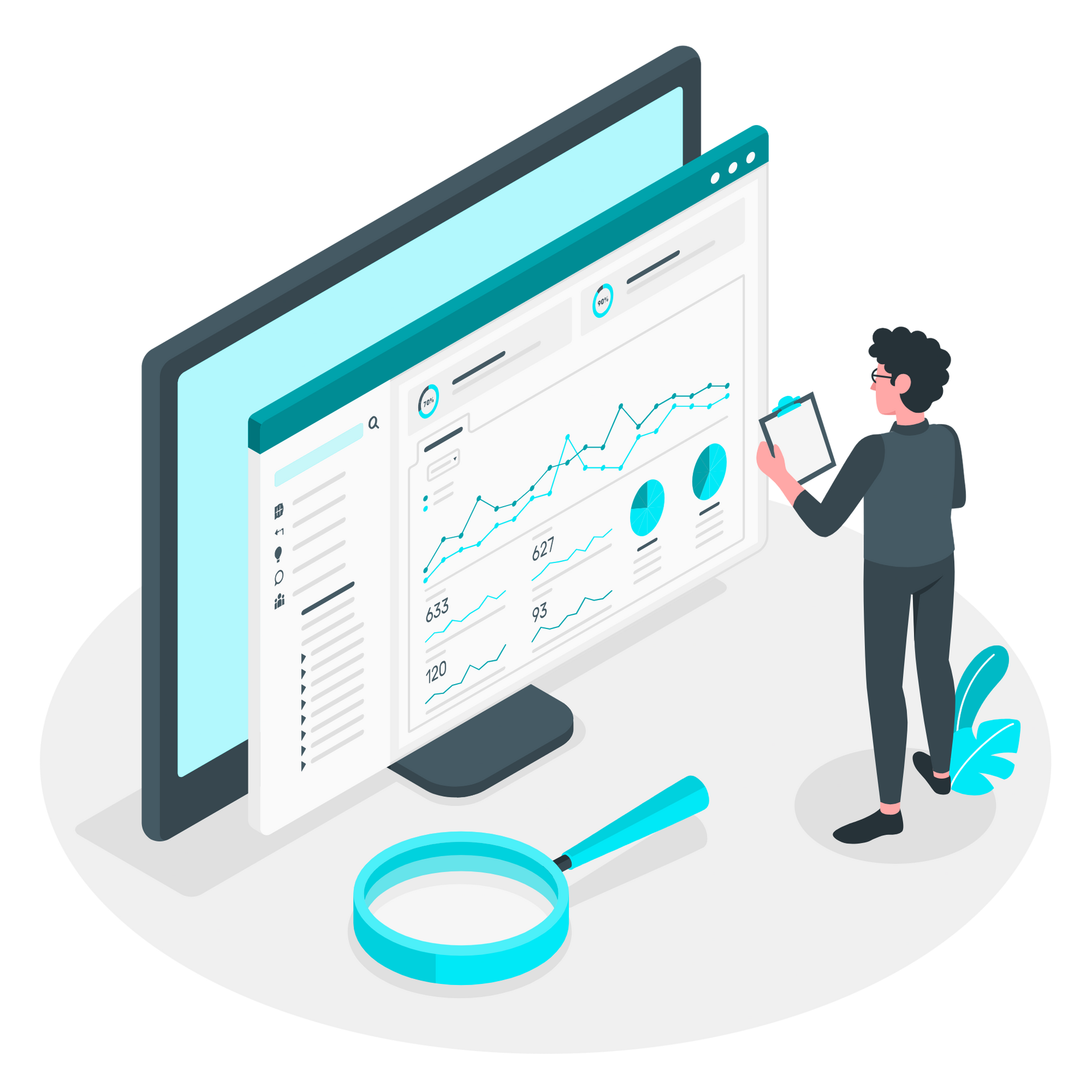1. Data Accuracy:
The review assesses the accuracy of the financial data entered into the software. This includes checking for errors in transactions, reconciliations, and bank feeds.
For Canadian Small Business Only
A XERO/QBO diagnostic review typically refers to a financial or accounting review conducted on the Xero or QuickBooks Online (QBO) accounting software platforms. Xero and QBO are cloud-based accounting software systems used by businesses to manage their finances, track income and expenses, handle payroll, and perform various other accounting tasks.
A diagnostic review in this context involves a thorough assessment of how well a company is using Xero or QBO to manage its financial operations. This review is usually carried out by a certified accountant, bookkeeper, or consultant with expertise in these software platforms. Here are some of the key aspects typically covered in a XERO/QBO diagnostic review:

1. Data Accuracy:
The review assesses the accuracy of the financial data entered into the software. This includes checking for errors in transactions, reconciliations, and bank feeds.

2. Chart of Accounts:
The chart of accounts is examined to ensure that it is appropriately structured to reflect the company's financial reporting needs and industry-specific requirements.

3. Bank Reconciliation:
The review checks the bank reconciliation process to ensure that it is up to date and accurate.

4. Financial Reporting:
The review assesses the company's use of Xero or QBO to generate financial statements, reports, and dashboards. It evaluates whether these reports align with the company's goals and financial analysis requirements.

5. Compliance:
The diagnostic review checks whether the company is compliant with relevant tax regulations and accounting standards. This includes verifying that the software is set up to handle tax calculations correctly.

6. Efficiency and Automation:
The review evaluates whether the company is taking advantage of automation features within Xero or QBO to streamline processes and reduce manual data entry.

7. User Access and Permissions:
User access and permissions are reviewed to ensure that employees have appropriate access levels based on their roles and responsibilities.

8. App Integrations:
If the company uses third-party apps or integrations with Xero or QBO, the review assesses the effectiveness of these integrations and their impact on workflow efficiency.

9. Security:
The review examines the security measures in place to protect sensitive financial data within the software.

10. Recommendations:
Based on the findings of the review, the consultant may provide recommendations for improvements, additional training, or adjustments to the software setup to optimize its use.
Ultimately, the goal of a XERO/QBO diagnostic review is to help businesses make the most of their accounting software, ensure financial accuracy, and improve financial management processes. It provides valuable insights and recommendations for enhancing the efficiency and effectiveness of financial operations within the organization.










Bring your books up to date
CONTACT US TODAY
Canadian Representative
Contact Number
Email Address:
CAIAA Center, Vibo Place, 3rd Floor Unit 3A Core 1, N Escario St, Cebu City, Cebu